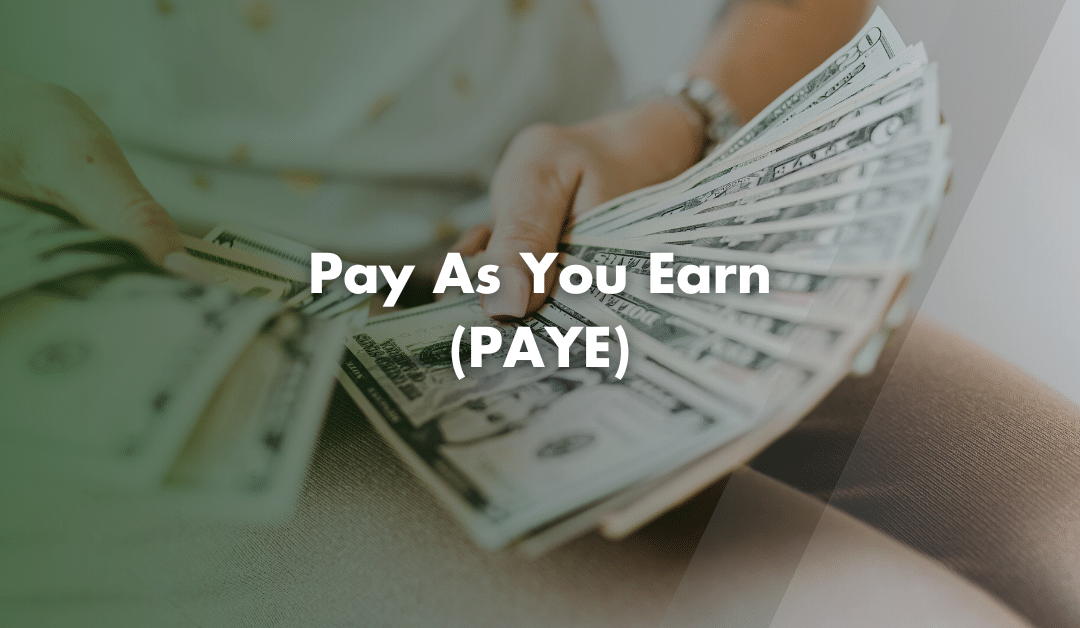PAYE, or Pay As You Earn, is the system HMRC uses to collect Income Tax and National Insurance Contributions from employees. Employers deduct these taxes from wages before they reach employees, ensuring they pay taxes throughout the year rather than in 1 lump sum.
Fun Fact: PAYE was first introduced in the UK in 1944 as a way of collecting Income Tax during the Second World War. Since then, it has become the primary way of collecting Income Tax and NICs from employee’s in the UK.
Who Needs to Register for PAYE?
Employers must register for PAYE if they have employees earning at least £123 per week or receiving additional benefits such as pensions, expenses or company perks. Even if registration is not required, payroll records must still be maintained.
Employers should also complete their registration before the first payday but no more than 2 months in advance. It can take up to 15 working days to receive an employer reference number from HMRC.
Special Cases
Some contractors must also register for PAYE if they use subcontractors and need to operate within the Construction Industry Scheme (CIS). Employers with irregular payrolls, such as hiring seasonal workers, must still adhere to PAYE regulations whenever their employees meet the income threshold.
How PAYE Works
Each payday, employers must:
- Calculate employee wages
- Deduct Income Tax and National Insurance
- Process other deductions, such as student loan repayments and pension contributions
- Report the details to HMRC
- Pay the correct amounts to HMRC, usually every month
If an employer expects to pay less than £1,500 per month, they can apply to pay quarterly instead.
Calculating PAYE Deductions
PAYE deductions depend on an employee’s earnings and tax code. The UK tax bands for 2024/25 are:
- Personal Allowance (0%) – Up to £12,570 (tax-free earnings)
- Basic Rate (20%) – £12,571 to £50,270
- Higher Rate (40%) – £50,271 to £125,140
- Additional Rate (45%) – Above £125,140
For those earning over £100,000, the Personal Allowance decreases by £1 for every £2 earned beyond this threshold. Employers calculate deductions using payroll software or by consulting HMRC’s tax code guidance.
Other Deductions
Apart from Income Tax and National Insurance, payroll deductions may include:
- Student Loan Repayments (9% of income above the threshold for Plans 1, 2 and 4 OR 6% for Postgraduate Loan Plans)
- Pension Contributions (automatic deduction if employee is in a workplace pension scheme)
- Child Maintenance Payments (if required by a court order)
- Other Voluntary Deductions (such as union fees or workplace giving schemes)
Running Payroll and HMRC Reporting
Employers can manage payroll in 2 ways:
- Using payroll software which calculates wages, deductions and taxes due
- Hiring a payroll provider, such as an accountant who can handle payroll (however employers remain legally responsible for compliance)
Employers must send a Full Payment Submission (FPS) each payday, detailing payments and deductions. If no employees are paid in a tax period, employers must submit an Employer Payment Summary (EPS) instead.
PAYE on Pensions
PAYE also applies to pension income. Pension providers deduct tax before making payments. If multiple pensions exist, HMRC assigns one provider to manage tax deductions for the State Pension.
Those relying solely on State Pension must submit a Self Assessment tax return to settle tax obligations. Those continuing to work while receiving a pension will have PAYE deductions taken from both their earnings and pension income.
PAYE for the Self-Employed
Self-employed individuals usually pay tax via Self-Assessment, but those earning under £3,000 in tax and also working as an employee can opt to have their tax collected through PAYE instead.
Payslips and P60s
Employees receive payslips detailing deductions each payday. At the end of the tax year (5 April), employers issue a P60, summarising total earnings and tax paid. Employers must also submit annual reports to HMRC, including expenses and benefits declarations via P11D and P11D(b) forms where applicable.
Contact Us
We are not just accountants; we are Chartered Accountants with one of the most reputable and premium accounting bodies. We are registered and regulated by ACCA; so you can rest assured that you are in good hands. Knowing this, don’t hesitate to get in touch with us if you require assistance: Pi Accountancy | Contact Us

